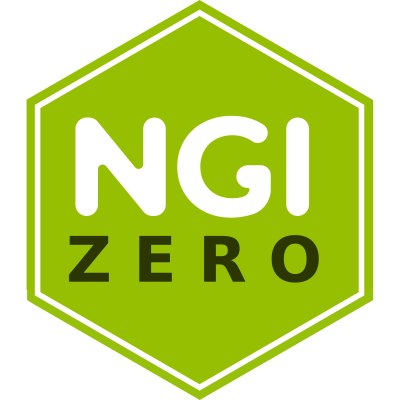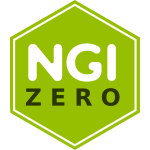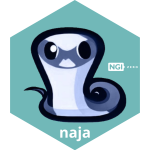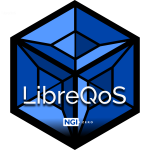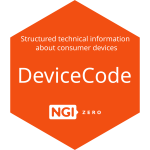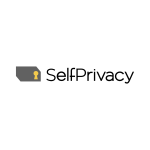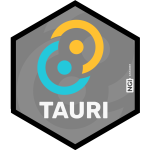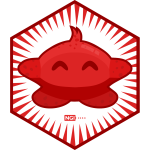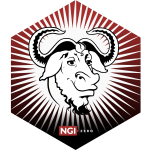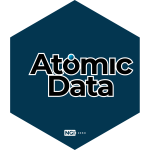"Open source EDA (Electronic Design Automation) can be a game changer when it comes to building a more resilient and accessible chip ecosystem", says Christophe Alexandre. Together with Noam Cohen he created Naja, an open source EDA tool. The semiconductor industry is highly complex and globally interconnected, which makes it fragile. Open source can contribute to resiliency in what traditionally has been a closed field.
